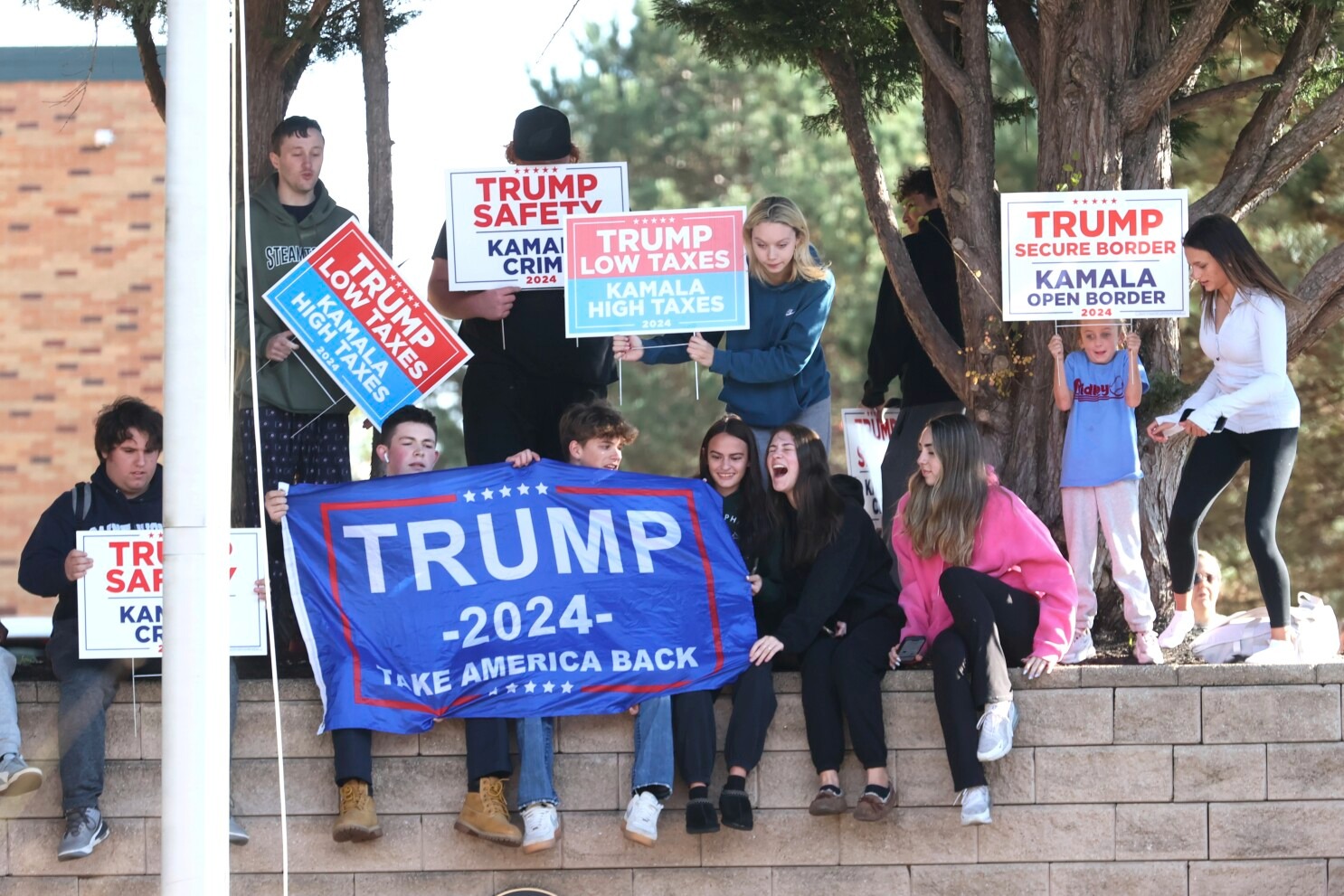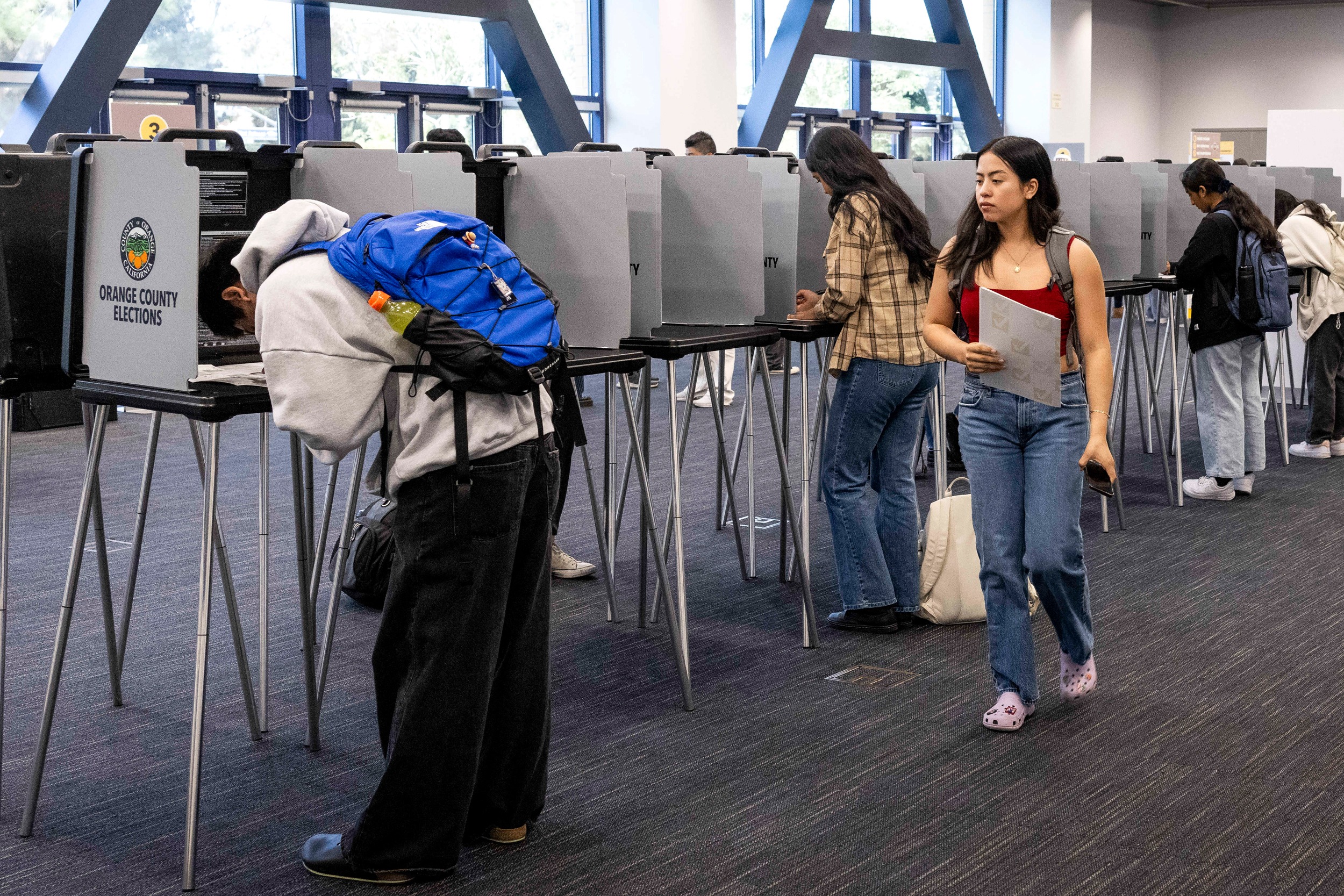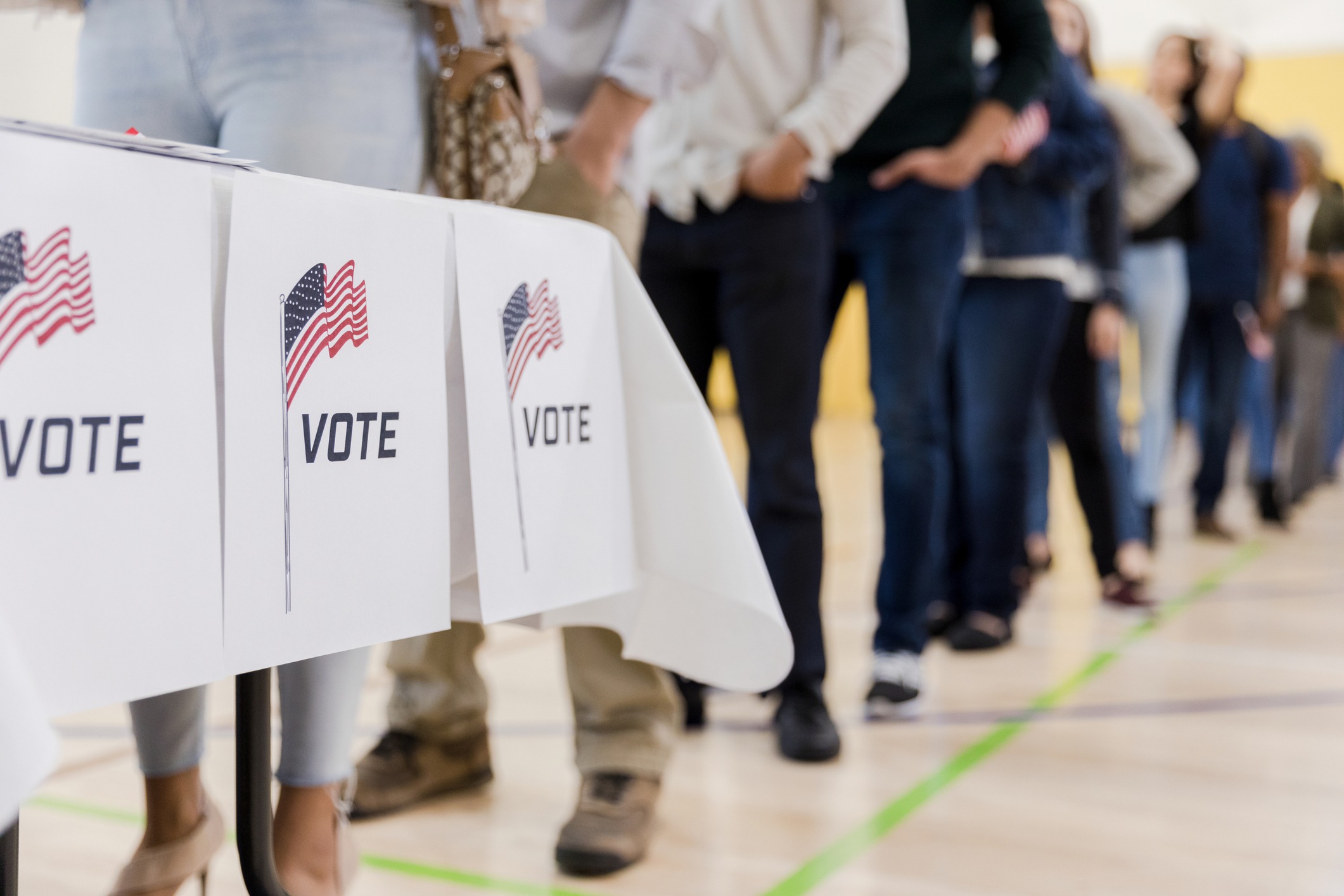Young voters are no longer sitting on the sidelines during elections. Across different countries, this age group is beginning to play a more active role in shaping electoral outcomes. Their engagement is becoming more visible, especially during high-stakes contests.
From student protests to voter registration drives on campuses, youths are becoming more aware of their collective strength. Social media has also given them a louder voice, allowing them to speak directly on political issues without depending on traditional outlets.
Where older voters once dominated public opinion, young individuals are now stepping into roles of influence, both online and offline. Their increasing participation is changing how politicians campaign and what issues receive public attention. The effect is now seen in both local and national elections.

Rising Influence Through Numbers
One of the reasons youths are gaining more political weight is their sheer population size. In many countries, a large portion of the electorate falls within the 18 to 35 age bracket. This demographic is diverse, energetic and connected through digital platforms.
Politicians can no longer afford to ignore them. During recent elections in countries like Kenya, Brazil and even the United States, young voters have been credited with affecting the outcome either by supporting progressive candidates or by opposing older political establishments.
Political parties are beginning to adjust their strategies by focusing on youth-driven campaigns, online town halls and issue-based platforms. It is becoming clearer that without appealing to young people, candidates may struggle to secure widespread support.
Issue-Based Support Rather Than Party Loyalty
Unlike older generations that often vote based on party allegiance, many young voters prefer to support candidates based on personal values and specific policies. Matters such as climate change, education reforms, unemployment, and gender rights tend to carry more weight among youths.
They want leaders who can speak directly to these subjects and offer practical plans. Social movements also have a strong influence. Whether it is about ending police brutality or pushing for economic reforms, young people are more likely to rally behind candidates who openly support such causes. This change in political focus has forced many older politicians to update their language and appeal to current social discussions.
Use of Technology and Online Campaigns
Youths are digital natives, and this reality affects how they engage with politics. Traditional campaign strategies like television and newspaper advertisements do not appeal as much to them.
Instead, they rely on platforms such as Instagram, Twitter, YouTube and TikTok for information and updates. Politicians who understand this are investing more in digital outreach. Live Q&A sessions, campaign videos, and memes have become tools to win over the youth vote.
Many young individuals even run social media accounts for their preferred candidates, helping to humanise politicians and present them in a relatable light. Online spaces are also being used to fact-check political claims, making it harder for misinformation to thrive.
Youth-Led Movements and Grassroots Mobilisation
Apart from voting, young people are also active in grassroots political work. They participate in community meetings, organise rallies, register people to vote and even contest for office. Youth-led organisations often work outside traditional political structures but still command public attention.
For instance, youth groups have played a major role in movements demanding electoral reforms in countries such as Nigeria and Chile. These efforts are changing public expectations from political office holders.
Young people now expect transparency, accountability and real progress, and they are not afraid to demand these from elected leaders. Their willingness to speak out has inspired others to take civic responsibility more seriously.
Declining Trust in Traditional Politics
Many young voters express dissatisfaction with long-standing political figures and institutions. Corruption scandals, poor governance and broken promises have caused them to look elsewhere for leadership.
This dissatisfaction is part of the reason why independent candidates and new political parties are gaining traction. Youths are more willing to experiment with political alternatives if they believe these can offer better representation.
In some cases, young individuals feel that voting alone is not enough, so they engage in protests or volunteer for social causes. Although this lack of trust may seem like a threat to political systems, it is also a reminder that today’s electorate demands more from those in power.
Education and Civic Awareness Are Key Factors
Access to better education has also contributed to growing political interest among youths. As more young people attend universities and colleges, they are exposed to civic studies, public policy discussions and human rights issues. This exposure gives them the tools to analyse political promises and judge leaders more critically.
Civic awareness campaigns also play a role in shaping youth engagement. Whether through formal education or independent media, young people now have more access to information that helps them make informed choices. Their voting decisions are no longer based on guesswork or hearsay but on real understanding of political issues.
Future Implications for Electoral Politics
The growing impact of young voters may influence future campaign strategies, candidate selection and policy focus. Political parties will need to be more responsive to youth concerns and more transparent in their governance.

Candidates who ignore youth voices do so at great political risk. In many ways, the current trends suggest that future elections will be won or lost based on how well politicians can connect with this critical segment of the population.
Young voters are no longer content with empty rhetoric. They want results, and they want to be taken seriously. If their expectations are not met, they are more than willing to support newer voices, whether or not those voices come from established political circles.
Growing Political Participation Beyond Elections
Young people are finding different ways to remain politically active even after voting ends. They track campaign promises, hold elected officials accountable and promote public debates. With platforms like WhatsApp groups, Twitter Spaces and podcasts, they are creating environments where political engagement becomes a part of daily life.
These informal networks help spread information quickly and provide opportunities for dialogue among peers. This ongoing engagement shows that young people are interested in long-term involvement, not just during election seasons. Their presence is no longer limited to the ballot box but extends to wider political participation that influences policies, social attitudes and national conversations.
The role of young voters continues to grow with each election cycle. They bring fresh energy, different priorities and a new way of engaging with democracy. Their voices are shaping how campaigns are run and which issues are prioritised. As more youths realise the power of their vote and voice, they will continue to drive change in ways that cannot be ignored.
Their commitment to justice, progress and inclusivity is pushing political systems to become more accountable and responsive. The outcome of future elections may depend largely on how well the demands and hopes of this generation are understood and addressed.









Leave a Reply